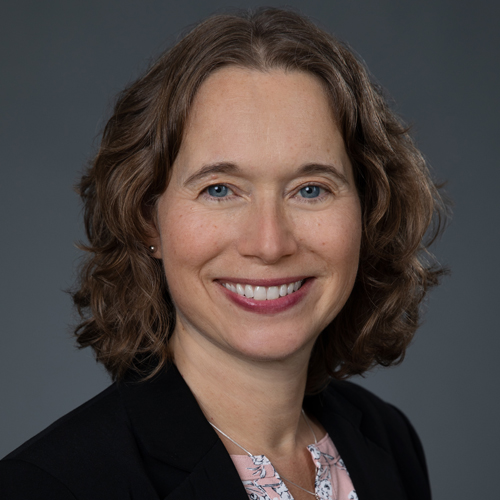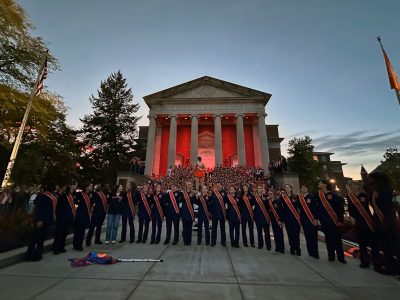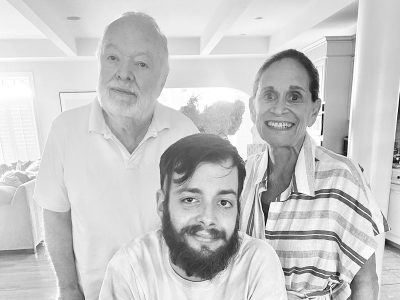Studying Human Behavior and Turning Policy Into Practice to Address Food Insecurity on the ‘’Cuse Conversations’ Podcast
Children living in the City of Syracuse face the highest child poverty rate in the country, with 48.4% of children living in poverty, not sure where their next meal will come from, according to the most recent data published in the 2020 U.S. census.
Those numbers are staggering, but this week, Syracuse University is partnering with the Salvation Army of Syracuse to raise awareness of the problem and collect valuable donations, coming together to combat food insecurity as one university and one community.
On Sept. 13, the University launched an awareness initiative, Combating Food Insecurity as One University, to showcase the work being done both on campus and throughout the City of Syracuse to raise awareness about food insecurity issues.
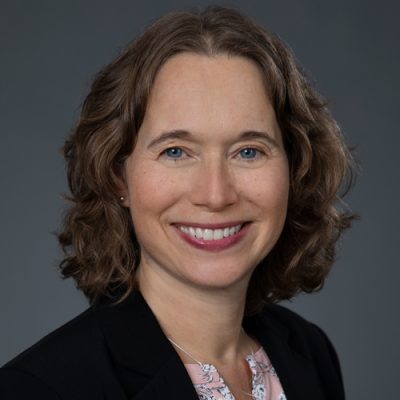
“We’re going to have some food drives where people can donate food that will go both toward Hendricks Chapel as well as the community food bank. I think these are great ways of dealing with the short-term need in our community. Those emergency food assistance providers are great ways to deal with the food insecurity issue, even if it’s occurring in a cyclical way. Providing several days’ worth of food can really be meaningful and help support our community,” says Colleen Heflin, associate dean, chair and professor in the Maxwell School’s public administration and international affairs (PAIA) department.
Food Insecurity Awareness Week is being hosted by the Office of Community Engagement, and on this week’s episode of “’Cuse Conversations,” we spotlight the incredible, data-driven work being done on campus to address food insecurity and food justice.
Heflin, a senior research associate with both the Center for Policy Research and the Lerner Center for Public Health Promotion and Population Health has areas of expertise in poverty and child, family and social policies.
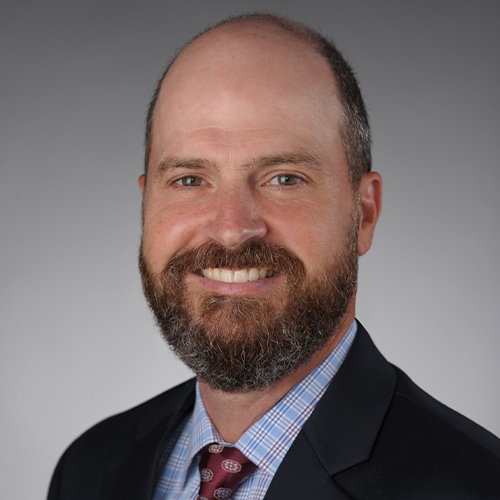
Len Lopoo is a Maxwell PAIA professor, Paul Volcker Chair in behavioral economics, senior research associate in the Center for Policy Research and director of the Maxwell X Lab, where experts examine policy issues through different disciplinary lenses to come up with practical solutions.
Heflin and Lopoo join the podcast to discuss how severe the food insecurity issue is in the City of Syracuse, and explain how the Maxwell School’s public policy leaders partner with the Maxwell X Lab to study human behavior, with the goal of turning policy into practice to combat food insecurity and other issues affecting our citizens.
They also share how students, faculty and staff can give back and do their part to fight food insecurity through numerous food drives on campus, how the X Lab’s data-driven approach leads to successful outreach, how they measure an initiative’s success, and what other kind of societal issues can be tackled through this partnership between the X Lab and policymakers on campus and in the City of Syracuse.
As an extension of Food Insecurity Awareness Week, Heflin and Michah Rothbart, fellow Maxwell professor and researcher, will be the featured guests at next week’s Thursday Morning Roundtable on Sept. 22, presenting New Evidence Regarding the Importance of Food Assistance Programs.
Check out episode 115 of the “’Cuse Conversations” podcast featuring Colleen Heflin and Len Lopoo. A transcript [PDF] is also available.
